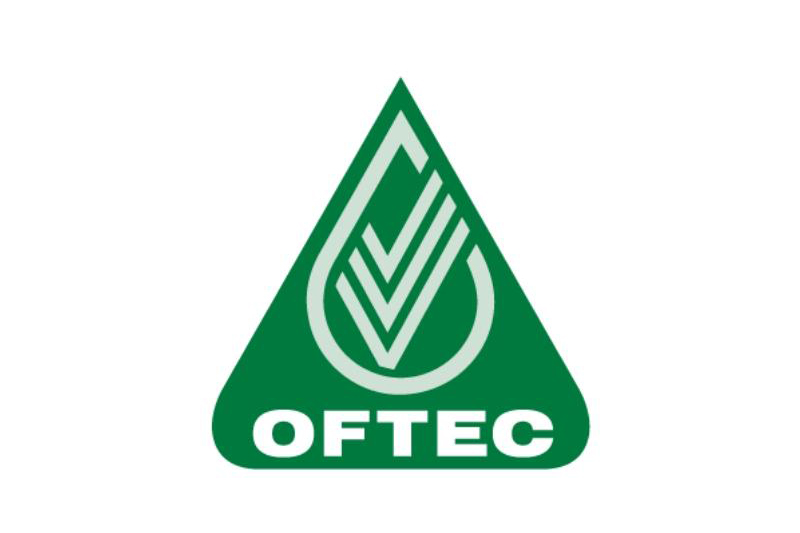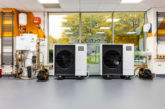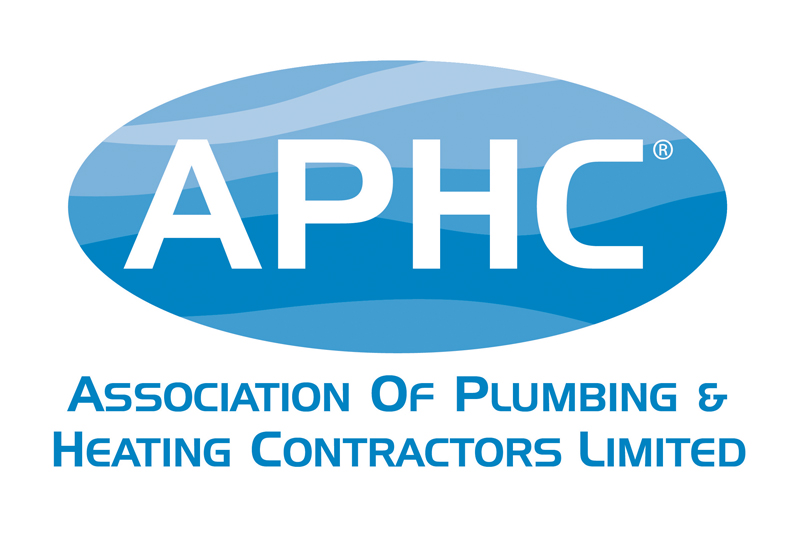
Malcolm Farrow, Head of Public Affairs at OFTEC explores the reasons why 2024 is the year for training and diversification in the off-grid sector.
The opportunities for training and diversification in 2024 are greater than ever. Government policies are already starting to impact the off-grid domestic heating landscape, new building regulations are coming into force and consumer trends are changing. Technicians who make the commitment to expand their skillset now will reap the benefits of futureproofing their business and helping drive the UK towards net zero.
On the policy front, there’s no ignoring that heat pumps are going to have an increasingly important role in the off-grid sector. Whilst the government has pushed back its proposal to ban the installation of new fossil fuel boilers in homes and commercial premises to 2035 it has increased the Boiler Upgrade Scheme (BUS) grants, so the direction of travel is clear.
The challenge is there is a chronic shortage of heat pump installers. The government wants to achieve 600,000 heat pump installations a year by 2028. Estimates vary over how many installers will be needed and whilst the widely reported figure is around 50,000, a report from HHIC said the total number could be closer to 150,000 across the industry. To put this into context, last year, the figure for heat pump sales was 55,000 and there are currently an estimated 3,000 heat pump installers. It’s evident there’s a long way to go.
The demand for heat pump installers is going to start outstripping supply over the coming years and technicians who diversify into this technology today will be able to capitalise on this growing market.
Training courses
That’s why OFTEC launched a series of heat pump training courses, for both air source and ground source heat pumps. The courses incorporate both theoretical and practical assessment across different heat pump products to ensure technicians have greater flexibility. They are run through OFTEC’s existing training provider network to simplify the process. The government has also been providing funding to help off-set the costs for technicians. This is changing all the time so it’s worth investigating what could be on offer.
Qualified technicians who complete the course can apply for MCS certification to install heat pumps through the Home Upgrade Grant or Boiler Upgrade Scheme once they’ve met the scheme prerequisites. They will also be able to self-certify their own installations as being compliant with Building Regulations.
Find out more about Oil Heating
Liquid fuels
But that’s not to say liquid fuels won’t continue to have an important role too. There are around 1.7 million UK households on heating oil and technicians working in this market will need to maintain their skills. Building regulations are constantly evolving as the government intensifies its focus on increasing efficiency and deploying low flow temperature heating. With variations in the requirements across different regions of the UK, it’s essential technicians are aware of the requirements to ensure they remain compliant.
There’s also increasing support for these homes to transition to a renewable liquid fuel such as Hydrotreated Vegetable Oil (HVO). Around 150 oil properties have already made the switch as part of a demonstration project by OFTEC and UKIFDA. The government has committed to holding a consultation on a renewable liquid fuel obligation which would help instigate a wider rollout. OFTEC has already updated its technical books to ensure technicians have the skills they need to convert kerosene boilers to HVO as this could be an important part of the future energy mix.
Multi skilled
Technicians who incorporate both heat pumps and renewable liquid fuels into their skillset will be well placed to navigate the future off-grid market and play their part in transitioning the off-grid sector onto greener heating systems. As we enter the era of new technologies, we must maintain high safety standards to install these systems safely.
Consumers are also increasingly aware of the need to avoid so called ‘cowboy builders’ so having clear and demonstratable credentials is more important than ever.
But there are wider benefits too. The UK continues to face a shortage of qualified technicians and, combined with an ageing workforce, this problem is going to become more acute. As an industry, we must continue to promote the career opportunities in the sector and provide clear routes for training and entering the industry.
Reduce running costs
Consumers are also struggling with the cost of living crisis, particularly in rural areas, so it’s more important than ever that technicians have the skills to not only install heating systems safely, but to ensure they are full optimised to maximum efficiency and reduce running costs.
The opportunity for off-gas grid heating technicians to expand their business into exciting new markets is clear. The challenge, as always, is finding the time to focus on training. However, we must all recognise the industry is changing. We’re entering a crucial few years with uncertainty over the future outlook off-grid. That’s why this year we as an industry must shout about the benefits of training and futureproof the rural heating market.
OFTEC delivers its training through its network of 95 approved training centres. Multiple courses are available and, once completed, technicians can apply for their OFTEC registration. This will typically involve an on-site inspection of an example of your work and assessment of the business. Once registered, OFTEC technicians can self-certify their work and access numerous benefits such as free technical support and regular industry updates.













